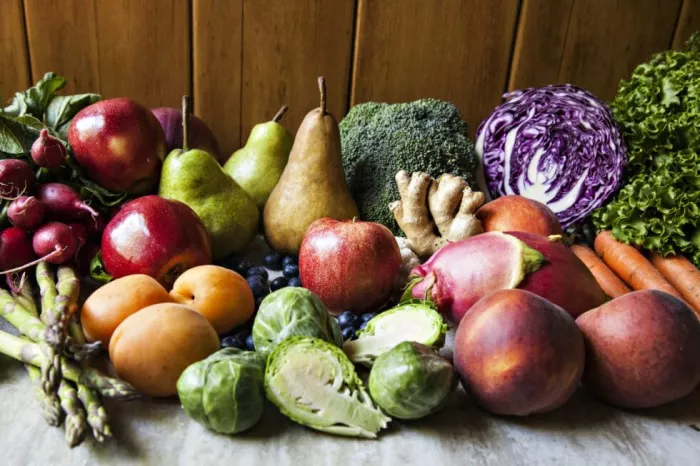The ongoing conflict in the northern provinces of Mozambique continues to drive acute food insecurity and malnutrition, deepening inequalities and disrupting income opportunities in the region. With armed insurgency intensifying in the first quarter of this year, humanitarian access challenges have escalated, resulting in the second largest wave of internally displaced persons (IDPs) ever recorded.
According to a February 2024 food security update by FEWS NET, Cabo Delgado province is now classified as in Crisis (IPC Phase 3), with areas previously categorized as Stressed (IPC Phase 2) experiencing heightened insecurity and violent events.
Since January, covering essential needs has become more expensive due to the implementation of Value Added Tax (VAT) by the Mozambican Tax Authority (AT) on basic commodities such as sugar, cooking oil, and soap. For instance, the price of sugar increased by 20% to 38%, from $1.11-$1.26 USD per kg in December 2023 to $1.42-$1.74 USD per kg in January 2024. This significant rise in prices, coupled with the protracted conflict and below-average harvest in the previous agricultural season, has severely depleted the purchasing power of households reliant on local markets for food.
Key Highlights:
Persistent Vulnerability: Food insecurity levels among both displaced and non-displaced populations during the lean season period remain alarmingly high, showing a significant increase compared to the last post-harvest assessment in August 2023. The prevalence of food insecurity in Cabo Delgado province averages 66%, nearly 30% higher than in the previous post-harvest season.
Worsening Conditions for Displaced Households: Displaced households in districts such as Mocimboa Da Praia, Mueda, Namuno, Chiure, and Balama face particularly concerning levels of food insecurity, with prevalence rates exceeding 85%. Balama, Mocimba da Praia, and Namuno report extremely low food consumption rates, with over 20% of displaced households affected.
Increased Reliance on Coping Strategies: A staggering 45% of households in Cabo Delgado are resorting to multiple negative coping strategies to meet their food needs, including going to bed hungry or adults skipping meals to feed children. Displaced households, especially in Macomia, Metuge, Namuno, Mecufi, and Mocimboa da Praia, exhibit even more alarming use of these strategies.
Livelihood Depletion: The use of crisis and emergency coping strategies by 59% of interviewed households highlights the depletion of assets and the erosion of their capacity to withstand future shocks, exacerbating the already dire food security situation.
As the conflict persists and humanitarian needs escalate, urgent intervention and sustained support are imperative to mitigate the deepening food insecurity crisis in northern Mozambique.

































